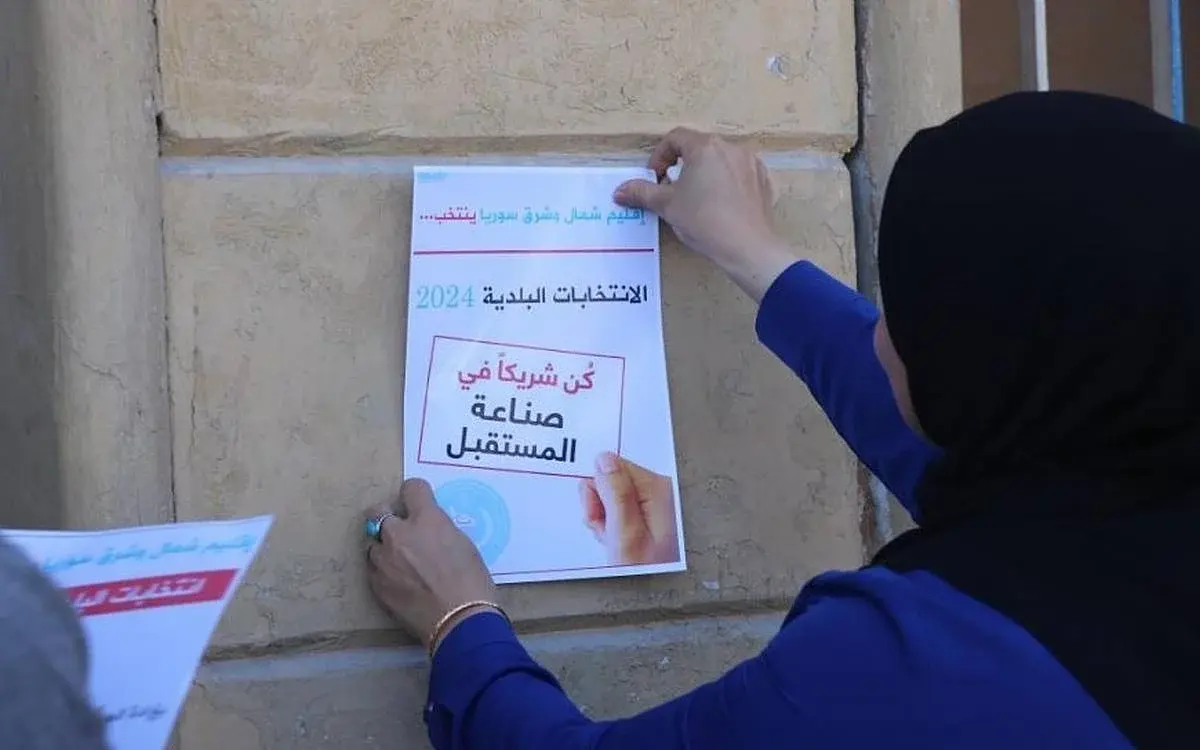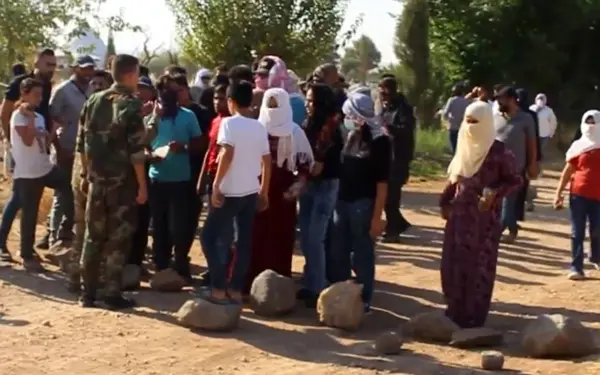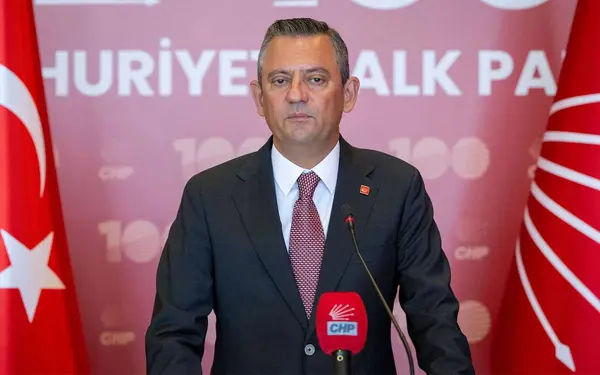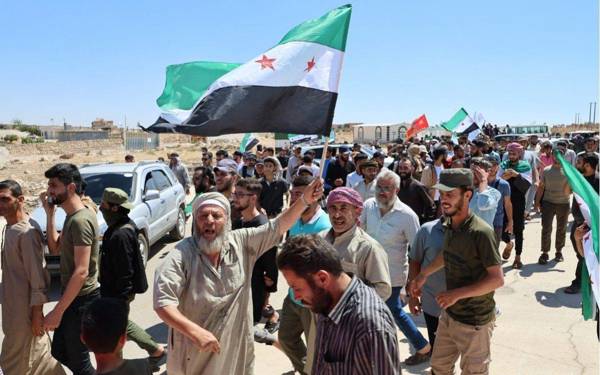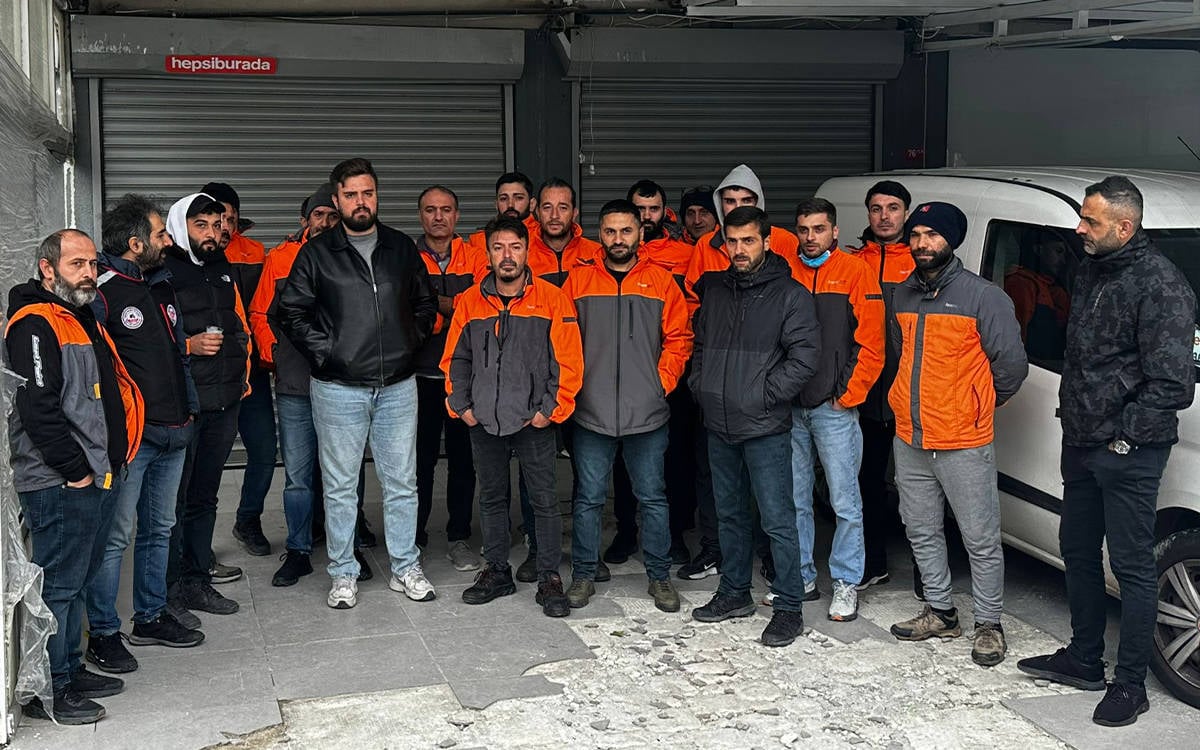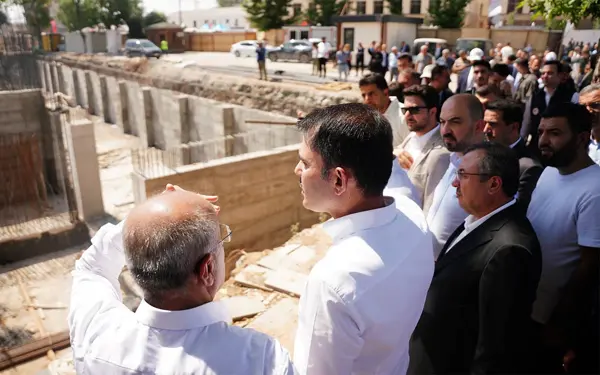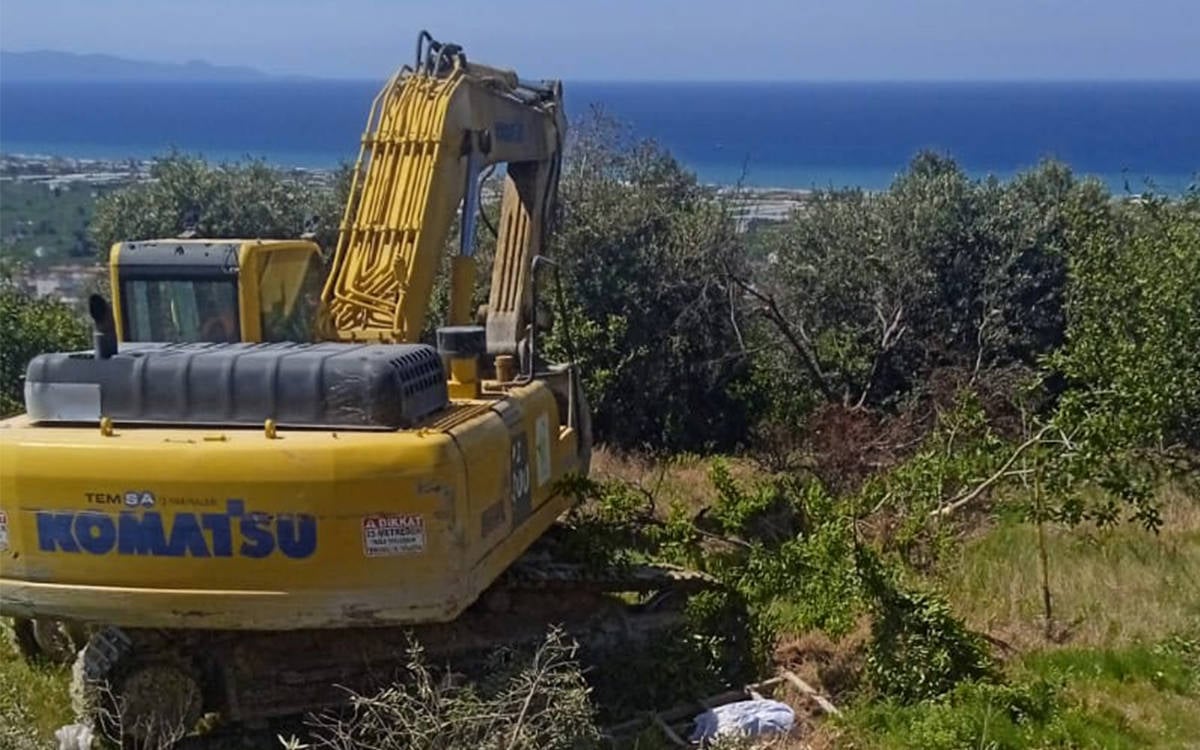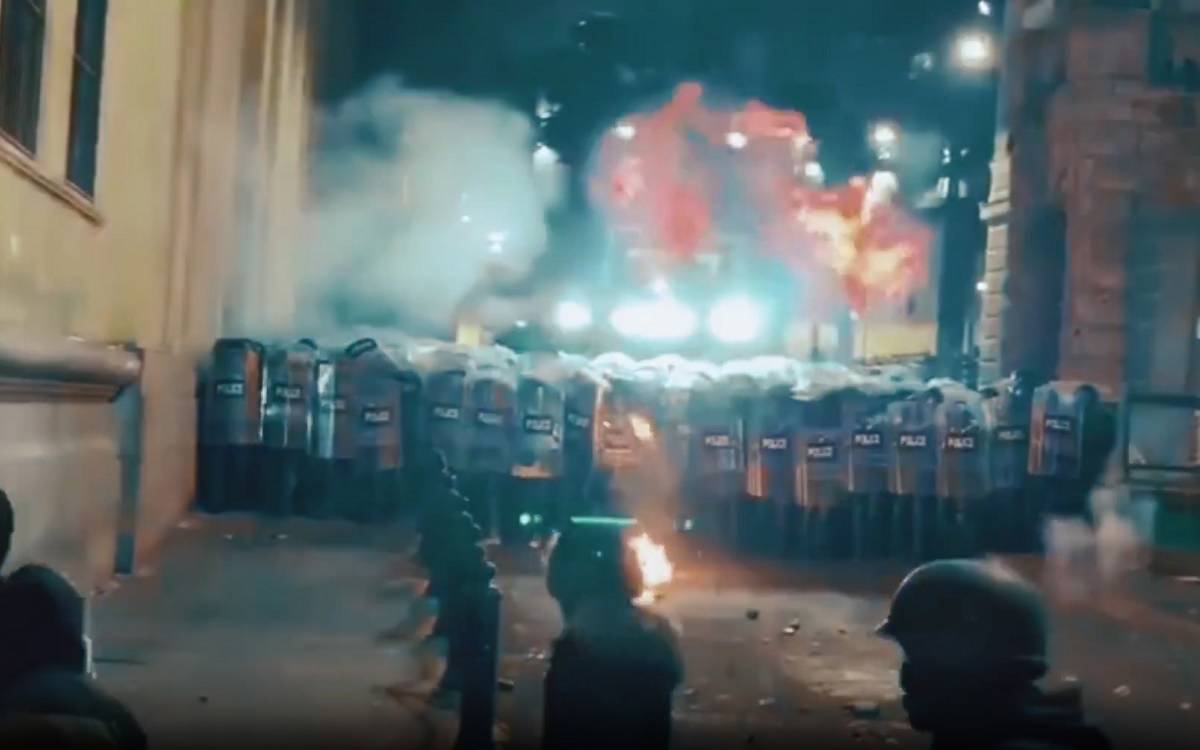The planned local elections in Syria's Kurdish-controlled parts, sometimes referred to as Rojava, sparked a new round of regional tension.
The date of the local elections, which were first announced to be held on May 30 and then postponed to June 11, was once again postponed to August.
The High Election Commissioner for North and East Syria announced the postponement yesterday (June 6), citing “the limited time allocated for the election propaganda period”.
However, President Recep Tayyip Erdoğan, who has characterized the process as “aggressive actions against the territorial integrity of Turkey and Syria”, has threatened new military operations in the region, while MHP leader Devlet Bahçeli has suggested a military operation “by building a bridge of cooperation between Ankara and Damascus”.
The United States, which supports the Kurdish-led administration in Northern Syria and has a military presence in the region, wants the elections to be canceled due to a “lack of favorable conditions”.
Political parties under the umbrella of the Syrian Kurdish National Council (KNC), aligned with the Kurdistan Democratic Party (KDP) led by Masoud Barzani in Iraq, are boycotting the local elections.
We spoke with Sarkis Kassargian, a Syrian journalist based in Damascus who closely monitors Turkish politics, about the recent postponement of local elections in the Autonomous Administration of Northern and Eastern Syria, the current state of relations between Rojava and Damascus, and Ankara's efforts to normalize its ties with the Syrian government.
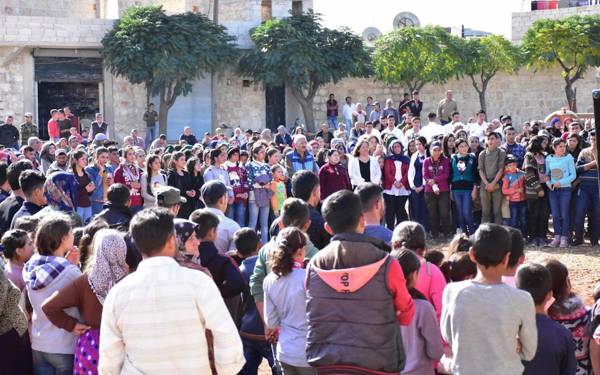
Erdoğan says Northern Syrian elections a threat to Turkey
“Accusation of ‘separatism’ in pro-government media”
How are the elections in northern and eastern Syria being received in Damascus?
Damascus has not made an official statement or taken a position on the elections. But the media, known to be close to the government, targeted these elections very harshly. Accusations of "separatism", statements that they were "American lackeys" or "American agents" - attitudes that are now synonymous with Damascus politics. However, as I said, neither the Interior, the Foreign Ministry, nor the Presidency issued an official statement on the elections.
“They could postpone it again in August”
How do you interpret the decision of the Autonomous Administration of Northern and Eastern Syria to postpone local elections?
Personally, I was expecting these elections to be postponed because a similar atmosphere had arisen in the Kurdistan Regional Government (KRG) of Iraq in 2017. At that time, the Erbil administration had decided to hold an independence referendum and even the United States, known as Erbil's closest ally, said “Don't do it”. Turkey, which has very good relations with Erbil, also demanded the cancellation of the referandum and even made threats. In the end, the Iraqi army and Popular Mobilization Forces (Hashd al-Shaabi) launched a military operation and the Erbil administration suffered serious losses.
What happened in the KRG is still fresh in the memory. Therefore, it was expected that the Autonomous Administration of Northern and Eastern Syria would decide to postpone these elections, especially after the US State Department called for “no elections”. However, I think that the decision to postpone the elections until August is a move to buy time. The Autonomous Administration will look at the attitude of the US and the West in general during this period. It depends on the international political developments. But there is a strong possibility that there will be another postponement in August.
What is the latest situation in Rojava-Damascus relations?
There is nothing new in Rojava-Damascus relations. These relations are not something that can be explained in a politically normal way. It is a relationship based on intelligence and only current and daily life issues are discussed. More comprehensive political issues have been discussed several times, but nothing has been reached. Therefore, these relations remain as they are. Neither moving away nor getting closer. They are distant, de facto, and both sides are trying to maintain relations and dialog under the necessity of the circumstances.
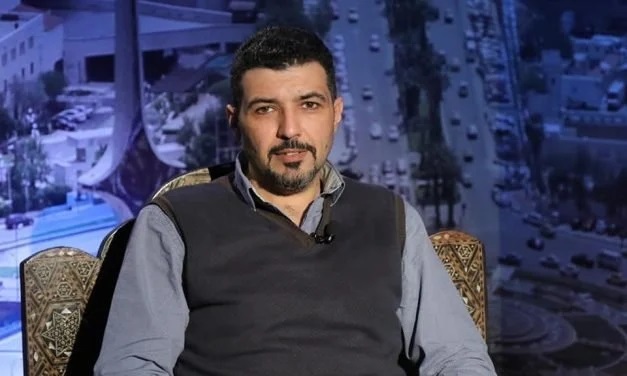
Damascus' condition for normalization: Turkish Armed Forces must withdraw from the region
Are there equivalent normalization efforts and joint operation calls in Damascus that mirror Ankara's steps towards normalization and joint operations in Kurdish-controlled areas?
First of all, I don't agree that this statement came from Ankara. This call came from MHP leader Devlet Bahçeli, even though he is only a coalition partner in the government. And Bahçeli's statements are not always in line with the official stance or Erdoğan's wishes. Therefore, there is no such general sentiment in Ankara either. Because Damascus sees the Americans and those working with them in the region as an "occupation force", just as it sees Turkey as one. Their condition is that the Turkish Armed Forces withdraw from the region before any cooperation with Turkey can be discussed. Therefore, I do not think that such cooperation will materialize, and there is no sign of such cooperation in Damascus.
Moreover, the priority for Damascus is to liberate Idlib, controlled by Hay'at Tahrir al-Sham (HTS), which has become the global center for jihadism. Then to retake the territories occupied by Turkey. After that, the search for a solution for Rojava. As a result, the Rojava issue comes third in the overall roadmap for Syria.
Impact of the war in Gaza on Damascus
Can you make a brief assessment of the political and social atmosphere in Damascus? How do Israel's attacks on Gaza, tensions with Hezbollah on the northern front and its attacks on Syria resonate in Damascus? How do regional developments affect Syria?
Almost everyone in Damascus, whether secular, conservative, leftist or nationalist, is unanimous in their support for Gaza. Syrians are generally known to be anti-Israel. And so they always support those who are against Israel. Yes, there is a sense of "betrayal" between Hamas and the government in Damascus. Assad called Hamas a “traitor” because of its role in the Syrian war. But ultimately, he continues to support even those "traitors" against Israel.
Damascus sees what is happening in Gaza as a war between the Palestinian resistance and Israel and politically supports the Palestinian resistance there. But we should also underline the issue of support. There is not much Damascus can do militarily and economically. Because the economy has already collapsed in the country. Its military power is also limited. Therefore, it can only provide political support and some logistical assistance.
(VC/DT)






